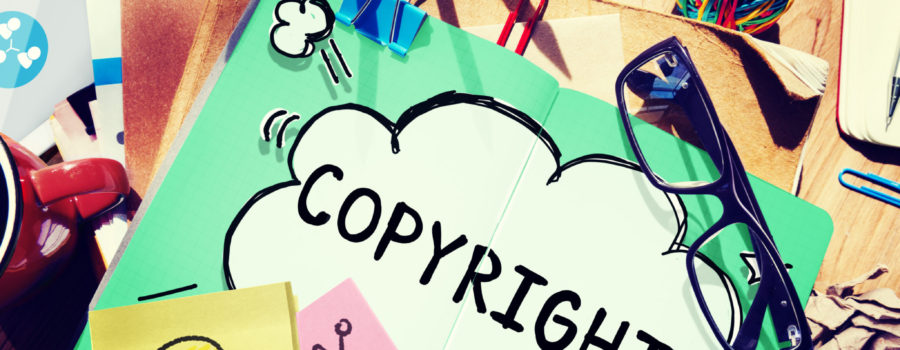Copyrights are exclusively granted and protected under U.S. federal law, and overseen by the United States Copyright Office, which is part of the Library of Congress. The Copyright Office site publishes circulars with explanations on many copyright topics as well as frequently asked questions.
By definition, a copyright is a protection granted by law to the the creator of an original work of authorship fixed on a tangible medium of expression. Let me explain.
For starters, copyrights do not protect ideas. They do protect the creative or original expression of the idea. Since ideas are not protected, multiple people can have the exact same idea. What is protected is the way in which each person expresses the idea.
Additionally, the expression has to be fixed unto something from where it can be perceived. In other words, the expression of the idea has to be seen, heard or touched. Such as a movie, sound or audio recording, book, magazine, photograph, painting, sketch, cartoon or blog, just to name a few.
From the moment the expression of the idea is fixed unto a tangible medium of expression, copyrights are born. Unlike other forms of intellectual property, copyrights do not have to be registered. However, registration does come with benefits. Copyright registration is done through the United States Copyright Office.
The owner or creator of an original work may sell, gift or assign his copyrights to someone else. For example, an author may sell the movie rights to the novel, or a photographer may assign his rights to a foundation.
A copyright grants the creator of the work, or copyright owner, a set of exclusive rights over the work. These rights grant the copyright owner the exclusive right to control who, what or when may:
- Reproduce the work, this includes but is not limited to, making photocopies, scanned or digital copies.
- Distribute the work, this includes but is not limited to, sending via e-mail, uploading, sharing or selling.
- Create derivative works, this includes but is not limited to, translating the work or creating a new work substantially based on the original work.
- Publicly perform or exhibit the work, this includes but is not limited, exhibiting or executing the work in a public setting.
Violating any one of these exclusive rights is copyright infringement. In order to avoid violating any of these rights, permission from the copyright owner is necessary. Generally, it may be in the form of a licence or assignment.
Downloading a cartoon image or movie clip from the Internet and inserting it into a presentation to be offered before an audience is considered copyright infringement, unless permission is obtained from the copyright owner. Streaming or showing a movie at a park may be copyright infringement, unless a license is obtained.
The life of a copyright is extremely long, compared to other types of intellectual property. Typically, copyrights will extend from the date of creation up until 70 years after the author or creator’s death. This is generally referred to as life + 70.
Copyright law has many peculiarities. By no means have they all been mentioned or discussed here. This is only a general introduction to the subject. Stay tuned for upcoming posts on fair use, first sale doctrine, works made for hire, and much more.
Author: Patricia Ramírez Gelpí, J.D., LL.M.
Image: Rawpixel.com/Shutterstock.com





